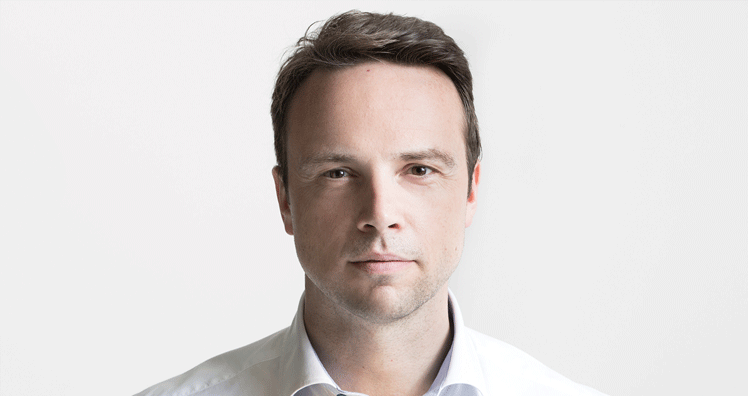The Austrian Marketing Society invited to an online talk about the supposedly fine line between pitch lack of culture and valid selection procedures.
–
–
In an online discussion on March 17, 2021, top-class clients, the Vienna specialist group chairman and agency representatives discussed Austria’s pitch (un) culture. Together with public procurement lawyer Martin Schiefer, who brought in his legal perspective, controversial topics were tracked down: Do chemistry meetings serve to improve the team composition? How open or how regulated should a pitch process be? Will the Corona crisis change the selection criteria for award procedures? The evening was hosted by Alexander Oswald, President of the Austrian Marketing Company (ÖMG) and Managing Partner of Futura GmbH.
“It is an antiquated picture that companies have of agencies: Thinking is free anyway. It is absurd that companies require agencies to work out creative ideas before they are commissioned,” says Alexander Oswald, opening the discussion on the subject of “Between pitch lack of culture and valid selection procedures – competitive processes in times of crisis “. On the company side, Manuela Bruck, Head of Corporate Communications Post AG and Tanja Sourek, VP Brand Communications Magenta, discussed the creative agencies with Jürgen Bauer, Head of Advertising and Communications for the Vienna Section, Sebastian Bayer, Vice President IAA and Michael Kapfer, CEO of GGK Mullenlowe, and procurement lawyer Martin Schiefer rounded off the top-class panel and brought a legal perspective to the exciting discussion.
Companies are demanding closer cooperation between the agency partners
“We need a much closer cooperation between the agencies – the requirements are becoming more and more varied, in the future lead agencies will have to work even more closely with partner agencies and complement each other”, says Tanja Sourek, VP Brand Communications at Magenta. Manuela Bruck, Head of Corporate Communications at Post AG, also thinks that companies will rely more on agency networks in the future: “Companies shouldn’t just rely on the lead agency: They’ll suggest what they do best Network of agencies enriching. ” The agency side also takes this view, but is also of the clear opinion that a strategic hierarchy is needed, which is to be defined in the pitch. Everyone agrees that the framework conditions for the award processes must change. Tendering procedures were compared with partner selection on Tinder.
“The problem is not the fast pace we have to deal with every day, but that when an award is made it must be clearly defined which tasks have to be fulfilled. If that doesn’t go well, there are no alliances, but the agencies fight each other.” , says Jürgen Bauer, chairman of the advertising and market communication department of the Vienna department, who also appealed to the agencies to simplify their tenders – according to the motto “Keep it short and simple” (LEADERSNET reported).
Agencies criticize tenders and theft of ideas
“Before criteria for the award procedure are determined, a market research should be carried out. In practice, this is done too seldom, as a result of which an unnecessarily large amount of creative work is required in pitches and everyone involved loses a lot of time,” says public procurement lawyer Martin Schiefer. However, the creative work required is not rewarded and, in the worst case, the companies still use the ideas. “Theft of ideas is not a trivial offense in our industry,” says Jürgen Bauer. But how can agencies protect themselves from this? One solution would be market standards for handling pitch processes that are known to everyone. This would also counteract the problem that clients have unrealistic expectations of agencies. This is confirmed by Martin Schiefer, who states that the opulence of the tender documents is well within the decision-making framework of the company itself.
A crisis-proof industry – also in the future?
There is hardly any other industry that has to react to changes as quickly as in the creative industry. “The fact that circumstances change quickly is not a problem for our industry. It is our job to react to current trends and changes. And that we can do this, we have not only proven during the pandemic,” explains Jürgen Bauer. “We can see how much the industry is developing. We have to react to this and consider new possibilities for pitch processes,” concludes the moderator Alexander Oswald. (red)
– .


